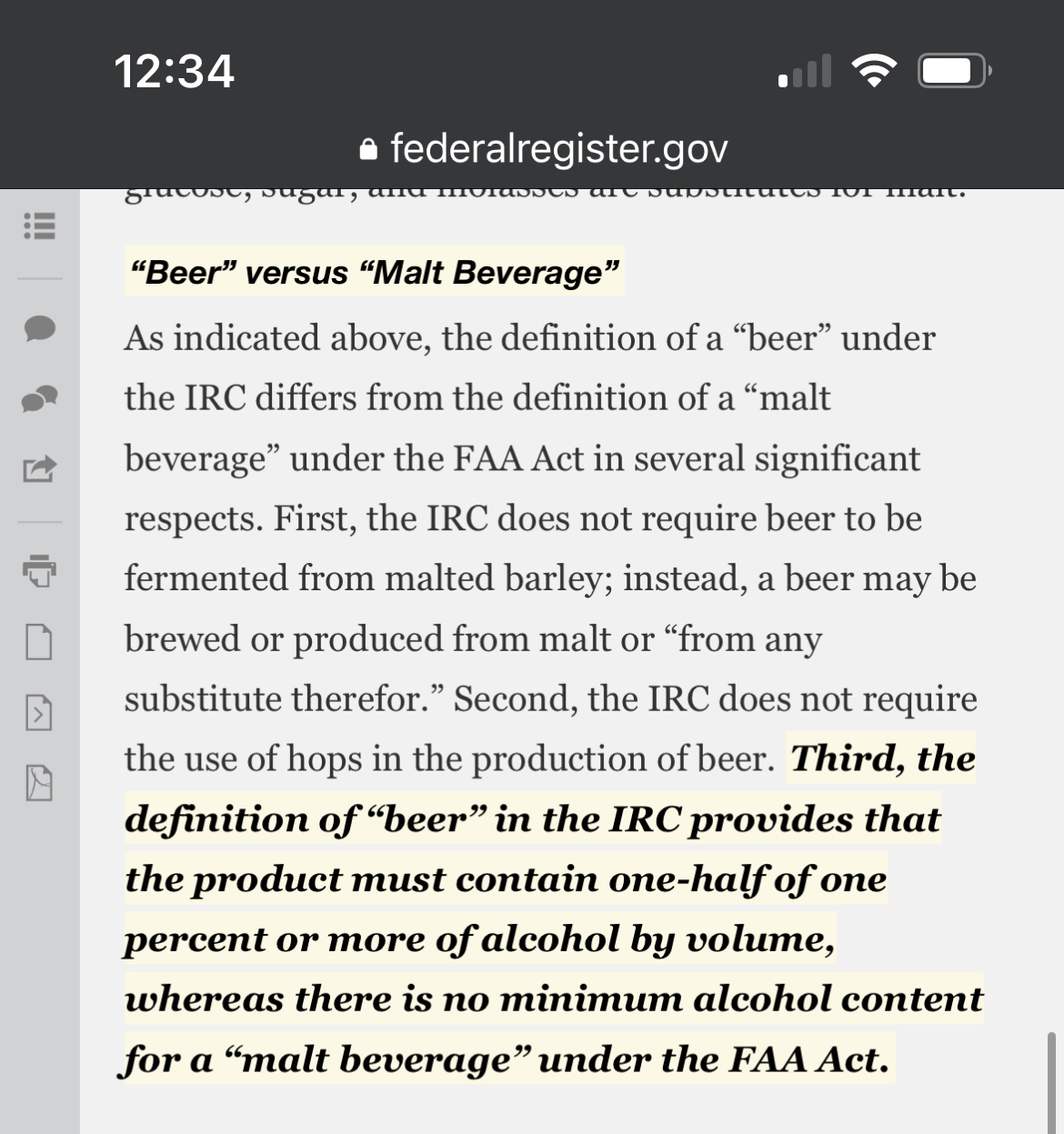View attachment 810622
I argue that a plant that has gone from a wild grass to 50+ varieties of modern disease resistant and herbicide resistant barley or corn is pretty genetically modified. The same with hops, a wild flower which has been carefully bred and selected for disease resistance and flavor preferences has been genetically modified by humans.
As for using crispr or a similar technology to modify specific genes, you may be correct. But most grain crops have undergone heavy modifications using "traditional methods" (aka intensive selection and grafting in a laboratory) and carry a huge number of chromosomes compared to heritage varieties. I would be shocked if no such barley is grown in Europe. I also am not one to believe that gene alteration using crispr produces a result any different from intensive selection and grafting, it just does it faster and more efficiently and with less side-effects.
Usually the legal definition of GMO is just worded such that some modifications are allowed but not others so that people can feel all warm and fuzzy that they are eating GMO free food. Just like "organic" does not mean that 0 pesticides, fertilizers, or herbicides were used. The definition below assumes "most" and "synthetic". which both have plenty of wiggle room for farmers looking for a loophole to get an organic label.
View attachment 810623


